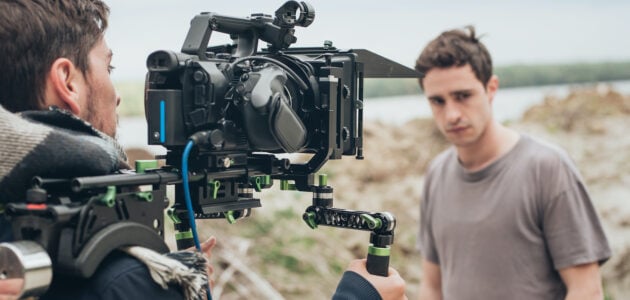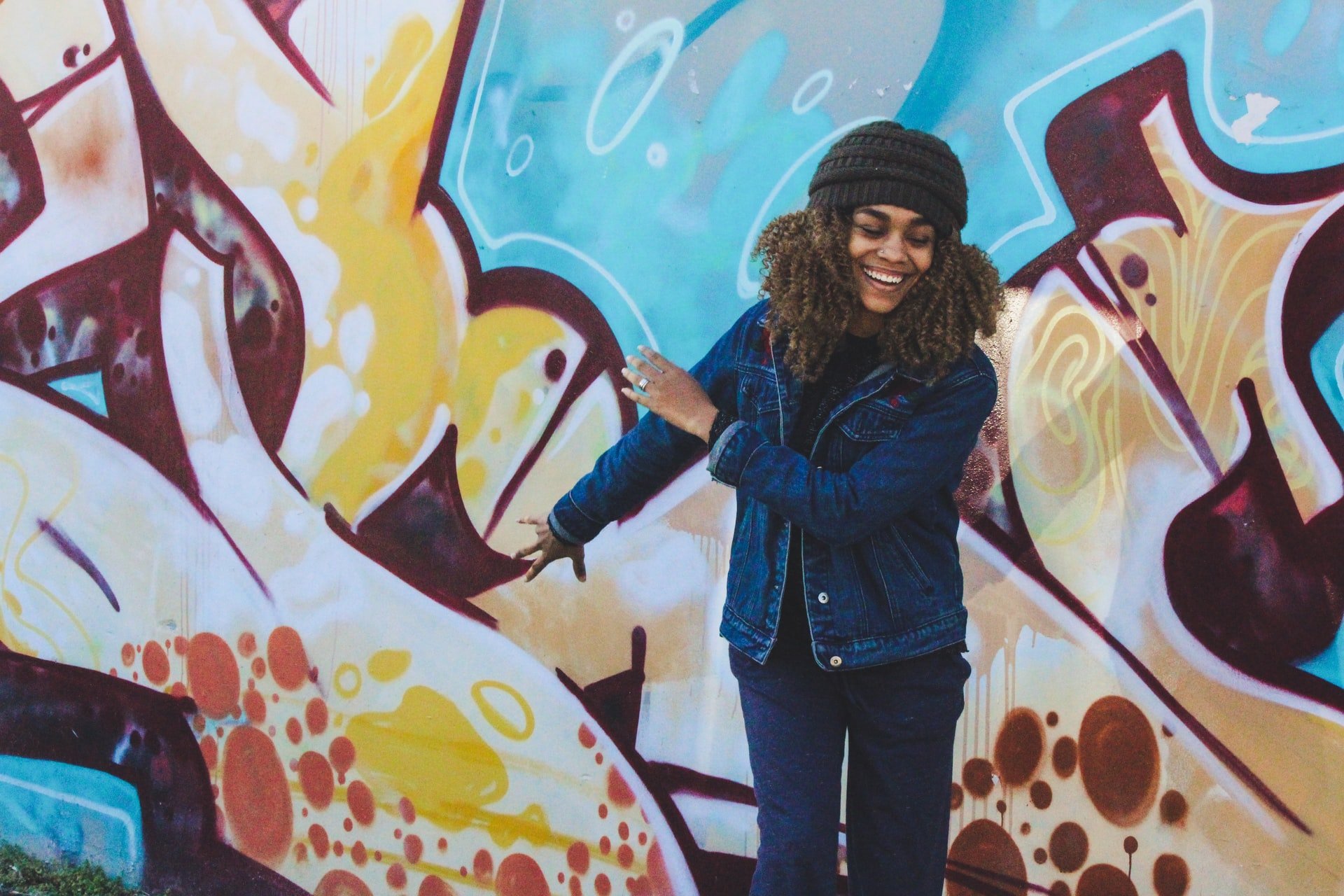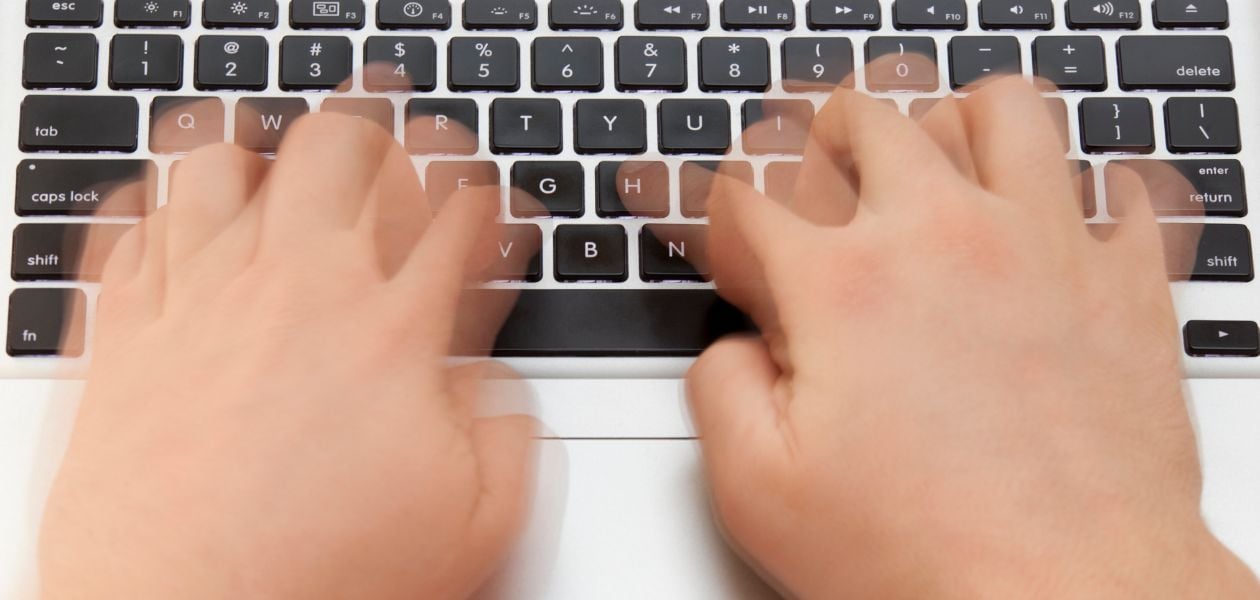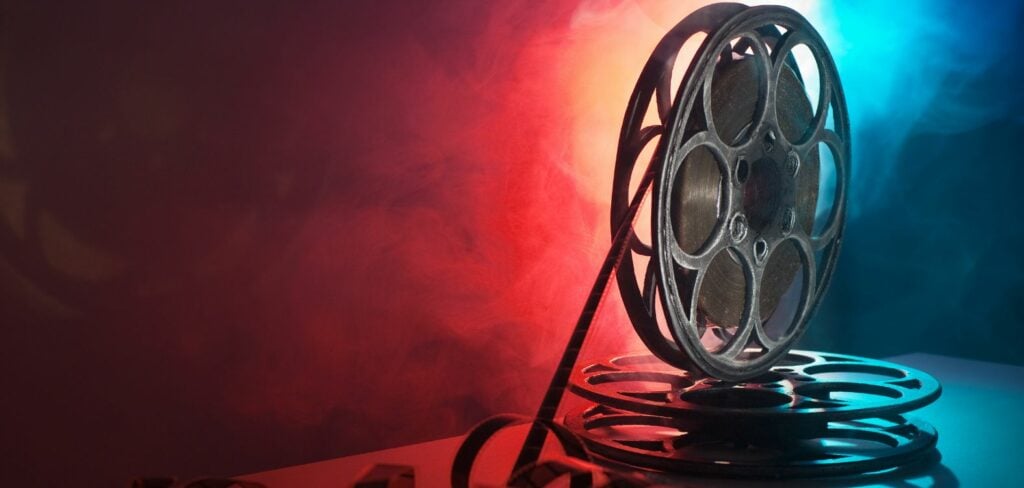
How To Find Your Type (this is not dating advice)
“Who the bloody hell are ya?” – Lara Bingle, 2006, Tourism Australia.
Either way, it’s kind of important to know who you are, especially as an actor, artist, writer, director or StageMilker. Unfortunately, most of this industry operates on impressions and surface value – that means as performers, we need to be aware of how this system of typecasting works, and how to use to it our advantage.
But, in saying that, I’m still a little torn when it comes to an ‘actor’s type’. It feels a little slimy, and it’s really just a fancy marketing term. On the one hand, I think actors should focus on acting, learning and mastering the craft and telling stories. BUT on the other hand, you could be the best actor the world has ever seen, and never get a single job because you aren’t industry or business savvy. So this article is really going to be covering the business side of an actor’s career, and within that – typecasting.
So how do you find your type?
What is Typecasting?
First of all, let me explain what the heck typecasting actually means. Type is referring to criteria that you’ll find on any character breakdown or script, such as age, sex, physicality, personality traits and sometimes occupation. E.g. British, middle-aged, lone wolf, private detective with powerful observation skills and logical reasoning, but zero social awareness. Guess who? Sherlock Holmes of course!
Think Samuel L Jackson, Zac Efron, Kristen Wiig, Rebel Wilson – these actors each have a very strong brand, are frequently cast in roles that are very strongly identified with a specific character. Zac Efron is a young, good looking, boy next door, romantic type. Rebel Wilson is the Australian, odd ball, quirky, singing, hilariously weird type. And both of these actors are frequently cast in roles that don’t deviate too much from their brand – that’s typecasting. And there’s absolutely nothing wrong with that! They’re both very brilliant at what they do, and people will buy tickets to see them do it over and over again in different films.
Typecasting is sort of like being put into a box, or labelled. That part is sort of out of your control. But what you do inside that box, and how you make it work for you, is within your control. But, more on that later…
Read: Branding for Actors

Why is ‘type’ important?
Knowing your brand and knowing your type is important for us actors, because it will give us a competitive advantage. If you wield this knowledge correctly, like a perfectly balanced Katana sword, you’re going to get more opportunities and navigate your way through the jungle that is the entertainment industry with more ease and confidence.
If you know exactly who you are, what your essential energy is and how you come across to others in the audition room and on screen, you will be able to play into that idea and use it to your advantage. A Casting Director, Director or Producer needs to look at any actor, and know exactly where they fit into their project. This comes down to the minute details of your appearance, and it’s inherently instinctual (it’s not quite a straightforward as an equation, 1+1=type).
Actors need to have some awareness of how they present. If you love to wear UGG boots, pink track pants and never brush your hair – that’s great, but be aware of the image that presents to casting directors. You may feel very warm and comfortable, but you will look dishevelled, self-conscious, and like you don’t care to anyone else. Which isn’t true, I hope! This doesn’t mean you need to throw whatever makes you unique completely out the window, and it also doesn’t mean you need to completely reinvent a new persona (trust me, that won’t work and casting directors can smell inauthenticity from a mile away!) But as I said, actors need to be business savvy, and knowing your type and what you’re selling will give you an advantage.

So how do we figure out what our type is?
There are many ways to figure out your type – and some of you may already have a pretty good idea of what your type is. But, if you’re unsure – go forth, open up a spreadsheet (love me some spreadsheets) and fill out a little acting-type-version-of-an-e-harmony profile:
PART A:
- What are your physical characteristics? Are you tall? Short? Thin? Stocky? Athletic build? Dark skinned, light skinned? Race & culture will play into typecasting at some point – s0 what is your heritage? (By the way, I love you exactly the way you are – this exercise is NOT intended to make you feel self conscious or to body shame)
- What is the quality of your voice? High pitch, low pitch, gravelly, smooth, maternal, paternal, quirky, accented?
- What age range can you play? On casting briefs, age ranges usually span around 8 years, depending on the project and the parameters of the role. E.g. 24-30, or just “in their 20’s”. Be serious about this – I genuinely can still play a 16yr old, and whilst I don’t love having a really young face, it just means I have more opportunities to work on shows that require a mature person, who looks younger than they are! So my age range is 16-24 for the time being.
- What are your special skills? (PG-rated please) Are you a tradesperson by day, an interpretive dancer by night? Can you speak fluent Mandarin? Are you an Olympic Javelin thrower? A pro boxing champ? All of these unique skills will play into your type cast. Sadly, this doesn’t include party tricks like juggling, or baking.
- What are your strengths & weaknesses? Can you tap into vulnerability quite easily, or anger? Do you have great comic timing? Are you a fantastic singer? What things that relate to acting, are you really good at? And what aren’t you so great at?
PART B:
- What do other people say about you? Including friends, coaches, mentors, your grandma and even your enemies. Ask around, and get people to be honest – your mum will probably see you differently to your best friend, and your boyfriend – so getting a broad range of perspectives can help you see the woods through the trees here.
- Now go back and edit your answers in Part A – if you thought you exuded strength, but no one else mentioned that in your Part B exploration, you might need to erase that one. Even though there’s no doubt that you are strong, if it doesn’t come across in your BRANDING, then it won’t be apart of your type. I know I’m damn strong, but one of my strength’s is playing vulnerability – I can tap into that much easier than anger, and even though I don’t consider myself vulnerable, it’s part of my acting arsenal, it’s part of my type. I also don’t FEEL young or naive, but I can easily play a 16 year old, and I will use that to my advantage all the time!
PART C:
- Now, make a list of all the Films, Plays & TV shows you love, and the character’s that you think you could have realistically auditioned for (realistic being the operative word here…)
- Write down 3 words or phrases that describe each of those characters. E.g. lonely, vulnerable, wants to be loved, or fierce, stubborn and needs to be in control.
I think you see where this is going: Use your e-harmony profile answers, and put them up against the other characters and actors in the productions you love. You should start to get a solid idea of where you fit into the performing arts industry environment.

Putting it to Good Use
Alrighty, that was exhausting and possibly a little confronting! But now that we know who we are, and how the industry sees us, let’s talk about how you can use this knowledge to your advantage.
Audition Prep
Every time you get an audition, download the sides, read the character description and then think: “WHAT CAN I BRING TO THIS ROLE?” Instead of, “what are they looking for?” Because most of the time, they’re not entirely sure, until you show it to them. So when you’re preparing your audition sides, think about your unique take on the character. You don’t need to try to be unique, you are a human being, and there’s no one else like you, so your interpretation will be unique anyways. It’s really just about building the confidence and the capabilities to interpret scripts and bring it to life for a casting director.
Read: How to prepare for an audition
Headshots
Use what you’ve discovered about your type for finding visual references for when you’re getting new headshots taken! Great headshot photographers, and experienced showreel producers work with your type, not against it. If you can provide them with this knowledge and a solid understanding of who you are as an actor/character, you’re going to get the best results out of your shoots. E.g. For me, it doesn’t do me any favours to put on a crap tonne of makeup, high heels and a slinky dress – I’ll still look 16! I’m much better off in jeans, a nice top and natural makeup and hair. What do you look good in? What outfits get you the most GENUINE compliments? Some people look amazing in leather jackets, and others look great in white linen shirts with half the buttons undone – I’m looking at you Russell Brand…
Read: Ultimate Headshot Guide
Showreel Material
Again, use your newfound knowledge to help you find showreel script material! Go back to the list you made in Part C of all the characters you think you realistically would have auditioned for, and then see if there’s any great scenes you could use in your showreel! Showreels work best when they capture an actor’s capabilities as a performer, AS WELL AS their essential energy as a human being.
Read: Ultimate Showreel Guide
Final Takeaways
The important thing to take away here is; know your type, know yourself from the casting director/agent/producer/director’s perspective, and then use it to your advantage. To reiterate, it doesn’t mean you need to “craft a character version of yourself” – it’s about being authentic, and true to who you are, with an awareness from a business perspective.
If you’re just starting out, it’s important to play to your strengths, but don’t write yourself off for roles that are maybe a bit of a stretch for you. You can do it, I believe in you. There are so many actors that go way against type, and it works, but I’m betting they knew exactly who they were first.
* Here’s a little golden nugget – as soon as you know who you are, other people will know too. You don’t need to go shouting it from the rooftops! As cliche as it is, #beyourself.
**Oh, and another one – read scripts, and then watch the production – what were your instincts with characters, genre and style, vs. how was the production cast in the end? It’s really important to develop this skill, so when you receive a script for a brand new production, and there’s no information available, you’ll have a good idea of the tone, genre, character types etc. This will definitely give you an advantage in the audition room.

Hi, my name is Lizeth, I would really love to start acting. But I don’t really have a lot of experience I also don’t take acting classes because I live in a very small town and I’m only 13, but I would really love to be an actor and get too learn more about it.